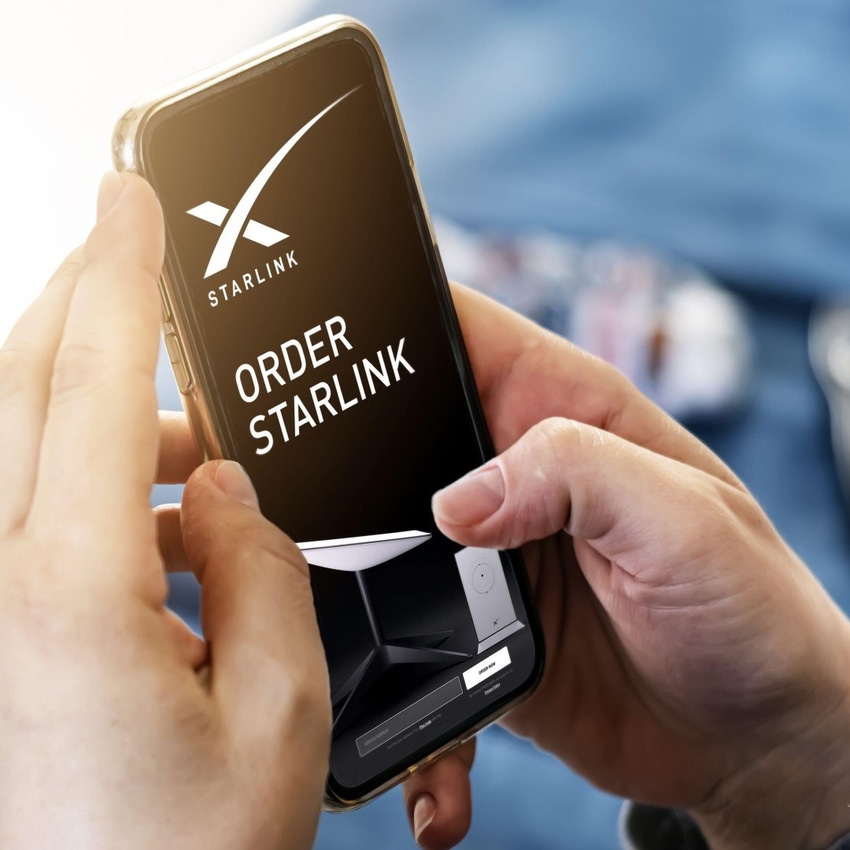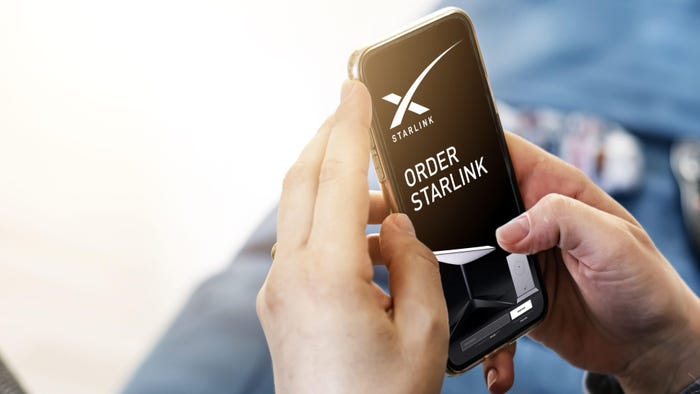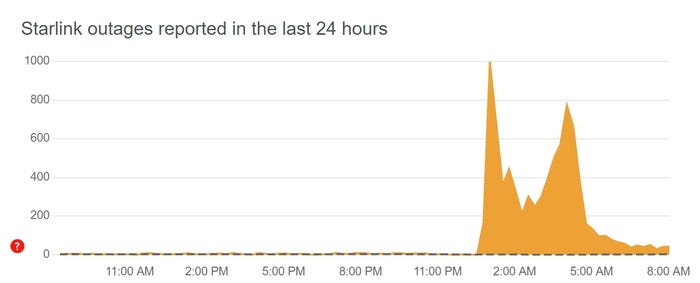
Starlink, SpaceX's broadband satellite service, suffered an outage Monday night, but appears to have gotten back online as of Tuesday morning, according to various posts from Starlink customers.
Figure 1:  As of June 2022, Starlink had more than 400,000 subscribers worldwide.
As of June 2022, Starlink had more than 400,000 subscribers worldwide.
(Source: Panther Media GmbH/Alamy Stock Photo)
On Reddit, customers in parts of the US, New Zealand, Mexico and the UK reported service disruptions and outages starting Monday at about 3 a.m. ET. Several Starlink customers also shared details of the outage on Twitter.
#StarlinkDown #StarlinkOutage been down in Ontario Canada since 3am. #Starlink @elonmusk pic.twitter.com/1rK1m8FnQs
— Krissie Humphrey (@HumphreyKrissie) August 30, 2022
#Starlink has some issues at the moment pic.twitter.com/ypS0CtWQP7
— awlnx (@awlnx) August 30, 2022
DownDetector, a service from Ookla that tracks a multitude of ISPs and broadband-connected services, also tracked the Starlink outage.
Figure 2:  Click here for a larger version of this image.
Click here for a larger version of this image.
(Source: DownDetector)
The outage appears to have lasted roughly three hours.
Starlink customers reported Tuesday morning that service had come back online. However, some of them, including a reporter with The Verge connecting to Starlink from the Netherlands, said the service's performance returned in a "degraded" state, with speeds dropping to 32 Mbit/s down and 17 Mbit/s upstream versus regular speeds in the neighborhood of 200 Mbit/s down by 30 Mbit/s up.
Light Reading has asked SpaceX for comment on the outage, including the root cause. A Starlink user posted on Reddit that Starlink customer support passed along word that there was a "known network issue" in the area, but didn't elaborate on the cause. "If you are still experiencing issues after twelve hours please feel free to reach back out to us," the message added.
Ironic timing
Starlink's brief outage also surfaces at an ironic time – just days after SpaceX and T-Mobile announced a plan to eliminate cellular dead zones in the US by enabling T-Mobile smartphones to connect to Starlink's heavier-duty, second-gen low-Earth orbit (LEO) broadband satellites. A formal commercial launch of such an offering hasn't been announced, but SpaceX and T-Mobile intend to start testing in 2023.
"I think what we're doing here is profound," SpaceX's Elon Musk said during an event announcing the partnership. "It will save lives."
"It's a lot like putting a cellular tower in the sky," added T-Mobile CEO Mike Sievert, holding that the "vast majority" of T-Mobile's existing phones will be able to support the satellite-to-cellular connection being envisioned.
Related posts:
— Jeff Baumgartner, Senior Editor, Light Reading
About the Author(s)
You May Also Like












